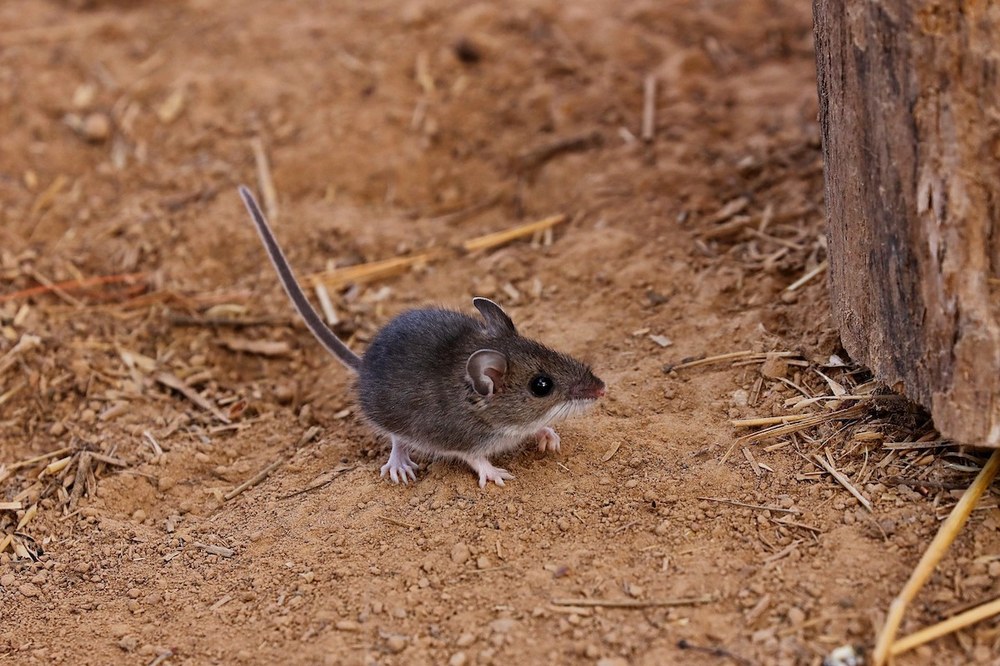Tick tubes reduce blacklegged tick burdens on white-footed mice in Pennsylvania

Image credit: Adobe Stock
Problem
Can the prevalence of Lyme disease infections be reduced with minimal ecological impacts?
- Lyme disease, caused by a bacterium transmitted to humans from infected blacklegged ticks, is the most common vectorborne disease in the United States. In 2018 Pennsylvania had the highest incidence of infections in the nation with nearly 8,000 confirmed cases.
- Scaling up current tick control strategies is impractical and may adversely impact the environment.
Findings
Researchers evaluated the effectiveness of treating wild white-footed mice--common hosts for blacklegged ticks at immature stages and an important reservoir host for the Lyme disease pathogen--by placing cardboard tubes containing acaricide-treated cotton in their habitats so the mice would use the material in their nests.
- Scientists found that the ticks were eliminated from hosts captured in the treatment plots after tick tube deployment.
Impact
This research demonstrated that the biodegradable tick tubes can be an effective host-targeted alternative to more ecologically invasive measures to control ticks, especially as a part of an integrated pest management plan.
- Reducing the number of ticks on the host white-footed mice can also help decrease the risk of pathogen transmission by ticks to uninfected mice and lower the prevalence of infections in humans who come in contact with blacklegged ticks.
Related Research Area: Integrated Health Solutions
Research Credit
Team
- Erika Machtinger, Jessica Brown, Taylor Miller
Participating Departments
Supporting Sponsors
- Thermacell Repellants, Inc., Pennsylvania Game Commission
Federal and State Appropriations
- USDA NIFA Hatch Project PEN04608, Accession #1010032
Emerging Discoveries
Published Research
Tick tubes reduce blacklegged tick burdens on white-footed mice in Pennsylvania, USA.
-
Brown, J. E., Miller, T. M., & Machtinger, E. T. (2020). Tick tubes reduce blacklegged tick burdens on white-footed mice in Pennsylvania, USA. Journal of Applied Entomology, 144(6), 542-545. https://doi.org/10.1111/jen.12758
Office for Research and Graduate Education
Address
217 Agricultural Administration BuildingUniversity Park, PA 16802-2600
- Email agresearch@psu.edu
- Office 814-865-3136
Office for Research and Graduate Education
Address
217 Agricultural Administration BuildingUniversity Park, PA 16802-2600
- Email agresearch@psu.edu
- Office 814-865-3136


